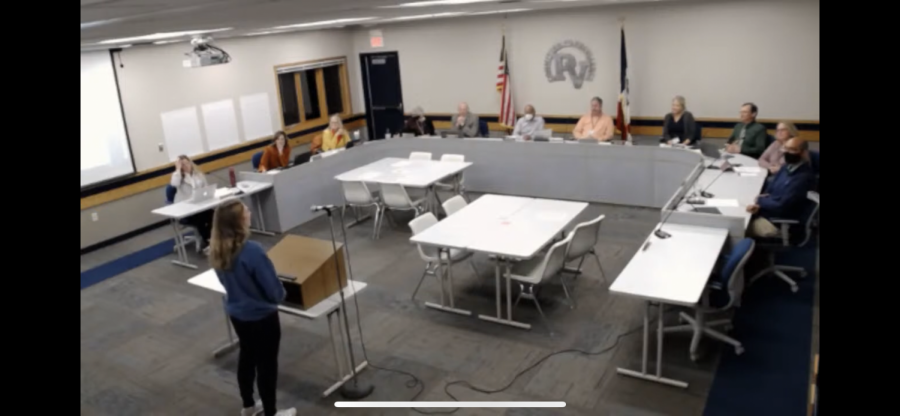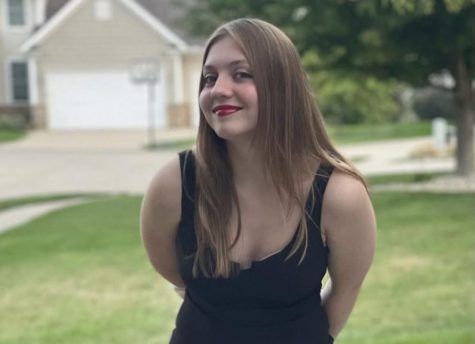With the 2020 presidential election between candidates Donald Trump and Joe Biden, tensions between political parties reached an ultimate high.
As teenagers come to the age of deciding their own beliefs, ideas and political stances that are separate from their parents, education on the political ideas differing from one’s own is crucial. Commonly, the political labels “liberal” and “conservative” have turned from a general description of political views to being used for insults and negative connotation of a person’s values. Alongside that, political party names Republican and Democrat have also become a term used for this same purpose.
Pro-life, pro-choice, LGBTQ+ rights, Black Lives Matter and Back the Blue are all huge political topics and movements relevant to our present societal politics. Along with that, all of these controversial topics are beliefs decided within one’s individual self regardless of political affiliation. The problem is that the idea of separating individual beliefs from political party affiliation has become muddier.
Certainly at PV, name-calling, arguments and avoidance of conversation of politics due to political views are popular reactions to politics among peers. Teenagers are at the most judgemental phase of our lives. Especially concerned with what our peers think of us, it is no surprise that we have no idea how to talk about political topics respectfully or without fear.
PV junior Maddie Staats shared her ideas behind talking about high-tension topics, “I feel fine sharing my views since I’m pretty passionate but it can be scary not knowing how people will feel. I have lost friends that I was close with and it has been a rollercoaster of a year for me dealing with how people treat me and who would think differently of me.”
It is absolutely necessary to change the way politics is handled going into adult life. The idea that political party affiliation automatically assumes specific views for every individual needs to be taken down. It is crucial to talk about controversial topics more often in order to practice respectful conversation.
“What would make me more comfortable is knowing I’m in an environment where I won’t be judged or told that I’m wrong and have people assume my views. I wish everyone was able to have a conversation with each other and hear each other out instead of assuming and arguing. I think it would make for a much more peaceful society.”
This problem needs to be addressed in teens first, changing the course for when those teens enter the adult world and society.









